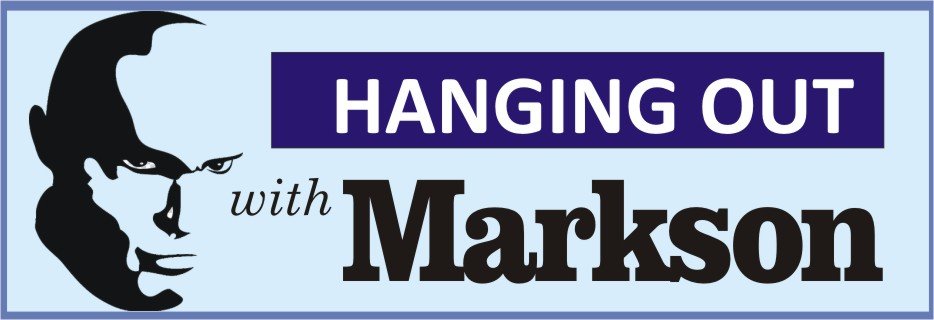
Port Harcourt — Last week Thursday, the Federal Government confirmed what we already knew: Food security in Nigeria is in a state emergency. So, when Tinubu’s spokesman read a statement to newsmen announcing a declaration of state of emergency on food security in Nigeria, he was saying nothing new or surprising. Nigerians are in trouble with food in two ways – security at the farms and high prices of foodstuff triggered by the removal of fuel subsidy. I dare you to visit the markets today and return smiling! Mr. Alake said the President as “a hands-on- leader who follows developments across the country every day, is not unmindful of the rising cost of food and how it affects the citizens.” Among other measures, matters of food and water are now “within the purview of the National Security Council” which the President heads, meaning those issues will receive attention at the highest level. Some savings from the fuel subsidy removal will be used to revamp the agricultural sector. Fertilizers and grains will be released to farmers and households to help “mitigate the effects of subsidy removal,” while a National Commodity Board will be set up to “review and continuously assess food prices as well as maintain a strategic food reserve that will be used as a price stabilisation mechanism for critical grains and other food items.”
I would like to believe Tinubu means well and means business. But the problem of food insecurity is a corollary of a much bigger challenge of which I hear nothing but well-worn phrases and stale talking points that are tiring and annoyingly tone deaf. There is nothing wrong with our farmers — over 70 percent of Nigerians engage in the agriculture sector, although most of them at a subsistence level. There is nothing wrong with our land — Nigeria is estimated to have an arable land area of 35 million hectares. There is nothing wrong with our weather — our tropical climate enables us to plant different crops all-year round. As evidence of Nigeria’s potentials in food production, the National Bureau of Statistics reports that foreign direct investment into the agricultural sector was N3.6 billion in Q1, 2023, up from N1.3 billion in the same period in 2022. This is a rise of 175%, but ironically, growth in the sector was down by 0.90% in the same period. It means increase in investments has yet to translate to tangible benefits. So why the food scarcity amidst these robust fundamentals? It’s simple: Farmers can’t plant; they get kidnapped, harassed or killed doing their business. While we worry about the high cost of foodstuff due to the removal of fuel subsidy, not getting food at all is a jeopardy that stares all Nigerians in the face. The UN forecasts that “nearly 25 million Nigerians face hunger between June and August 2023,” and this is mainly due to shortages and scarcity caused by insecurity. I didn’t hear anything new on security. All I hear is that the President is determined to provide security, and he’s beginning to sound like a broken record as his successor was.
The security situation defies description as statistics change faster that the weather. In 2021, the communication system of an entire state, Zamfara was shut down for two weeks to tackle rising insecurity even as the Federal Government declared a no-fly zone over the state. Reading the report, you would think the Nigerian military was fighting a foreign power that had invaded our territory. The new President has been reminded in practical terms of the security challenges we face. In a report, human rights organisation Amnesty International said “more than 120 people had been killed since the new President was inaugurated on 29 May.” The report was issued in June, so the figure has since gone up. You would blink in disbelief at reports of bandits kidnapping travellers, farmers and children, demanding and collecting ransom and then killing or releasing their captives. According to a Nigerian security tracking website, “more than 350 farmers were kidnapped or killed in the 12 months up to June 2022 alone.”
The experience of Mr. Rotimi Williams is typical. The BBC reports that the 42-year-old left banking in 2012 for agriculture, and made a success of it, at a time, becoming “the second-largest producer of rice in Nigeria, with thriving farms across the north.” But after he and his staff survived several kidnap and robbery attempts, his farms now stand fallow — no planting, no cultivation, no harvest. Mr. Williams is reported to be considering relocating his rice business to The Gambia and Senegal. The challenge of food scarcity due to insecurity is real and the solutions should be practical. This is the starting place to tackle the problem. If the Tinubu administration is serious about food shortage in Nigeria, it should tackle insecurity head-on, and create an enabling environment where farmers can get back to work. If not, the declaration of state of emergency on food security will amount to a PR stunt aimed for the cameras and gallery. As Mr. Williams rightly said, “If there’s no security, there’s no agriculture. It’s that’s simple.”
Follow us on twitter

